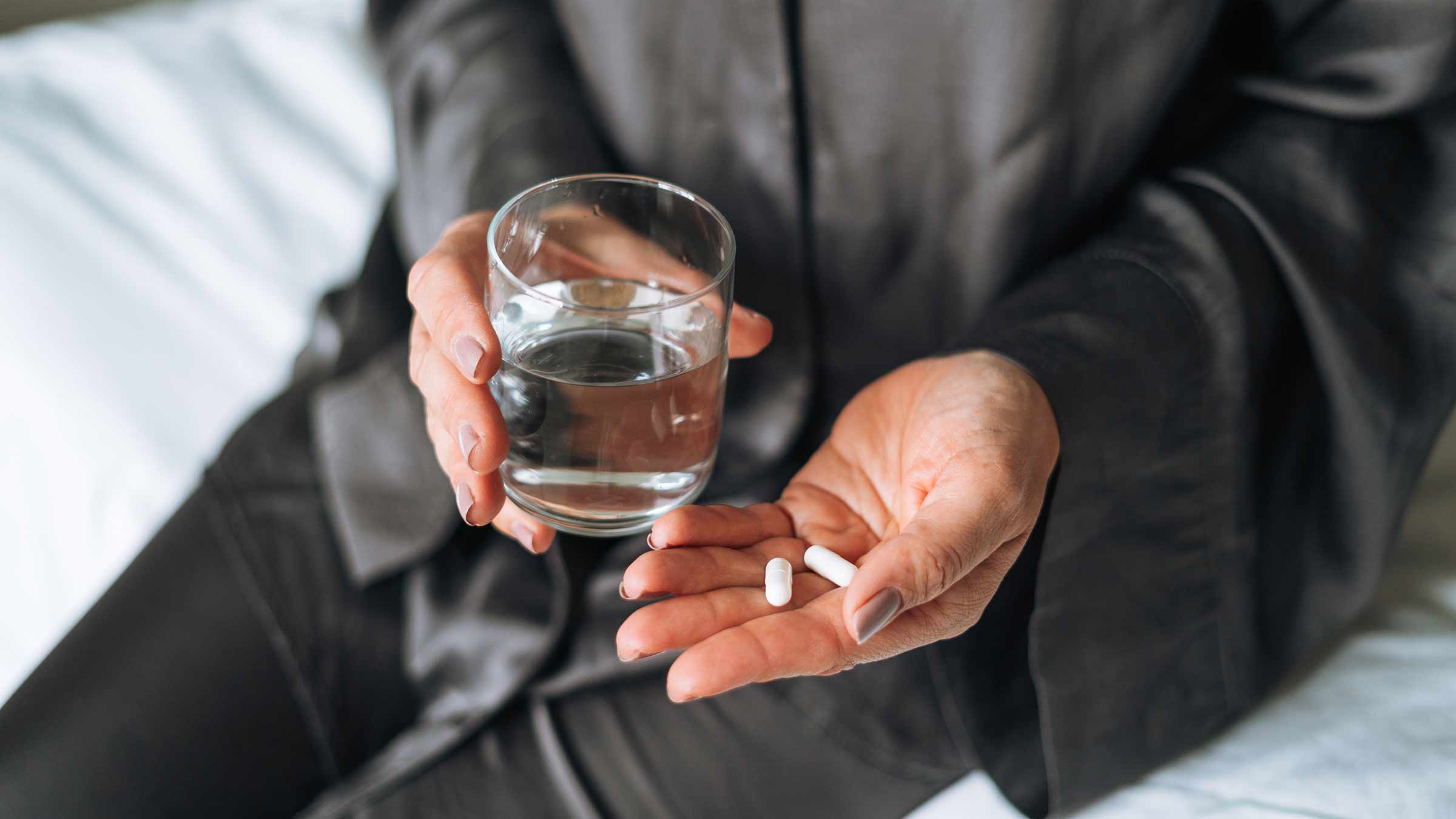
If you’ve experienced a distressing change in sexual function or decreased interest in sex, you may be experiencing low libido. While many things can lead to sexual side effects, there are some medications that could be the culprit, and there may be something you can do about it.
Ruling out other libido-related issues
Medications are just one factor that can play into low libido. Other reasons for sexual problems can include medical conditions, relationship issues, stress or even the messages you received about sex, relationships and intimacy when you were younger. It’s important to talk to a provider and get evaluated to rule out other causes for concern.
Medications and healthy libido
Different neurotransmitters, hormones and receptors in our bodies respond to things that excite us sexually as well as to things that inhibit us sexually. That’s why medications that affect neurotransmitters and hormones can impact sexual function or desire.
For example, dopamine, norepinephrine, testosterone, estrogen, oxytocin and melanocortin can all be excitatory. On the other hand, serotonin, prolactin and opioids can inhibit sexual function.
Mental health medications and libido
Because they work in the brain, certain medications that treat anxiety, depression or other mental health conditions can lead to sexual issues.
Antidepressants that affect libido
- SSRIs — selective serotonin reuptake inhibitors — which include paroxetine, escitalopram, sertraline and citalopram
- Some tricyclic antidepressants, such as amitriptyline or nortriptyline
Antipsychotics that affect libido
- Medications that inhibit dopamine or increase prolactin
Some of these drugs increase serotonin, which does a lot of good things, such as helping with satisfaction, relaxation and satiation — the sensation of feeling full. While these medicines are good for people with depression, they can affect sexual desire or function.
Other options
- Modify the dose.
- Switch to a different antidepressant, like bupropion, which can help with sexual problems.
- If anxiety is the issue, the anti-anxiety medication buspirone is unlikely to have sexual side effects and can be helpful.
- Add a medication like Viagra.
Things to keep in mind
Untreated depression, anxiety and other mental health conditions also can cause sexual problems, so it’s really important to continue treatment. Your doctor should be able to help you balance desired outcomes with any side effects of needed medications.
Hormonal contraceptives and libido
Birth control pills that use both estrogen and progesterone raise a hormone called “sex hormone binding globulin,” which binds estrogen and testosterone, making less hormone available for use. In some people, this could lead to changes in libido, vaginal or vulvar dryness or sexual discomfort or pain.
Other options
- Pills that have a different type of progesterone
- A different method of hormonal contraception, such as an upper-arm implant, IUD or vaginal ring
- A different type of birth control, such as a copper IUD, a condom, contraceptive gel or surgical intervention
Things to keep in mind
Sometimes, the fear of getting pregnant can also affect sexual function, and using hormonal contraception can be important and beneficial.
Birth control pills can also can be used to treat a number of conditions, such as heavy bleeding, endometriosis, uterine fibroids or PMS, which can also lead to sexual problems.
Again, it’s important to weigh risks versus benefits before changing treatment plans.
High blood pressure medications and libido
Beta blockers may negatively affect sexual function and desire, while a class of high blood pressure medications called ARBs (angiotensin II receptor blockers) are less likely to cause sexual problems.
A doctor may be able to change your medication, but it’s critical you’re adequately treating your high blood pressure, cardiovascular disease or other underlying condition, which can also affect sexual function.
Never switch or stop taking medications on your own. Talk to your doctor about any sexual side effects or problems that you might be having.
Other medications that can impact libido
- Some anti-seizure medications
- Some pain medications, like opiates
- Certain antihistamines
- Hormonal medications to treat cancers, such as anti-androgens used to treat prostate cancer, or estrogen-blockers used to treat breast cancer
Getting help for low libido
Most sexual health problems aren’t due to just one thing. However, it may be clear if an issue starts right after you begin a medication, and there are many things that can be done to address the problem.
While sexual problems can be difficult to discuss, sex is an important aspect of overall health. Bring up issues with a health care practitioner. If they can’t address the concern, they can refer you to a urologist or sexual health clinic.






